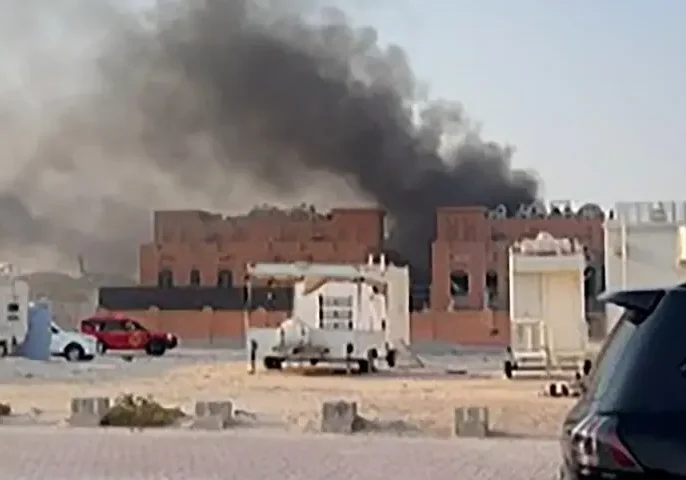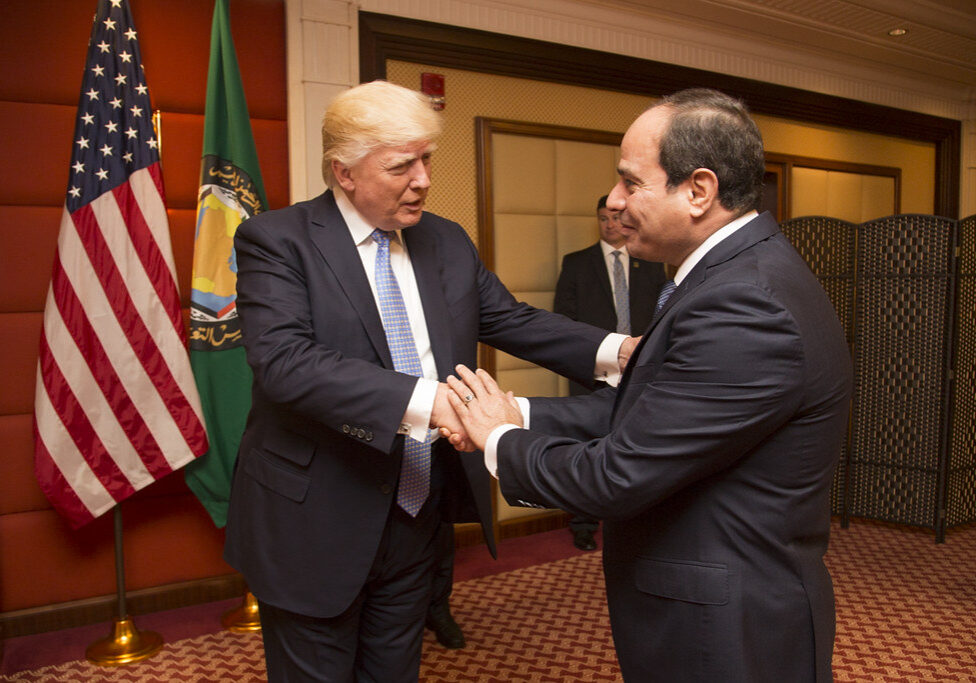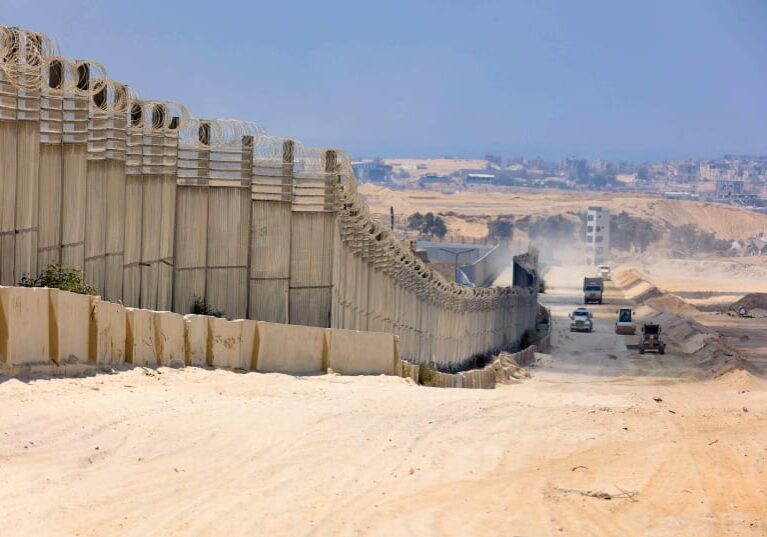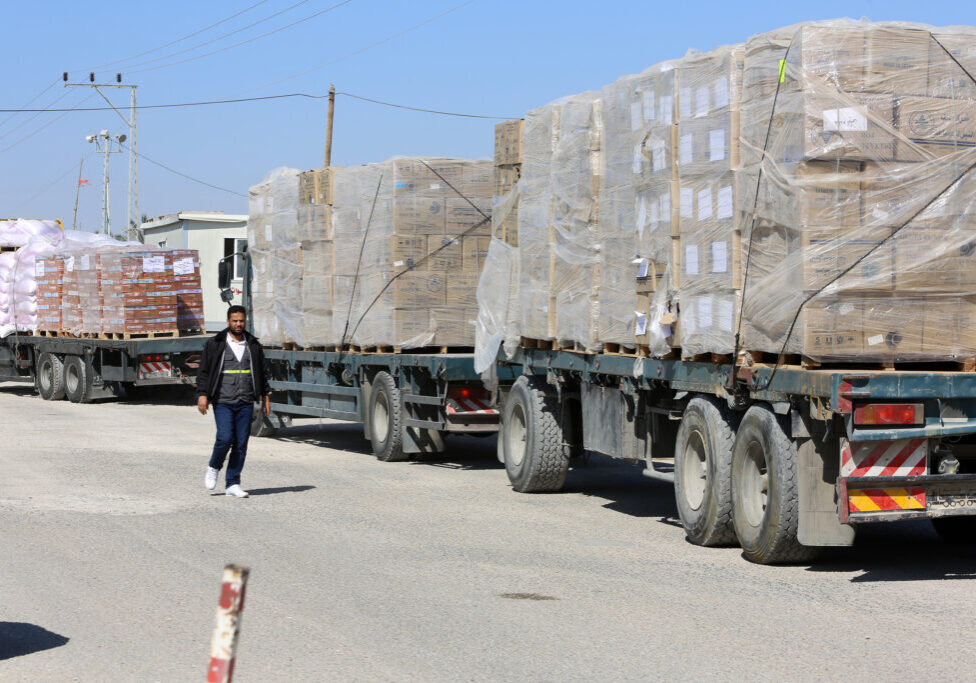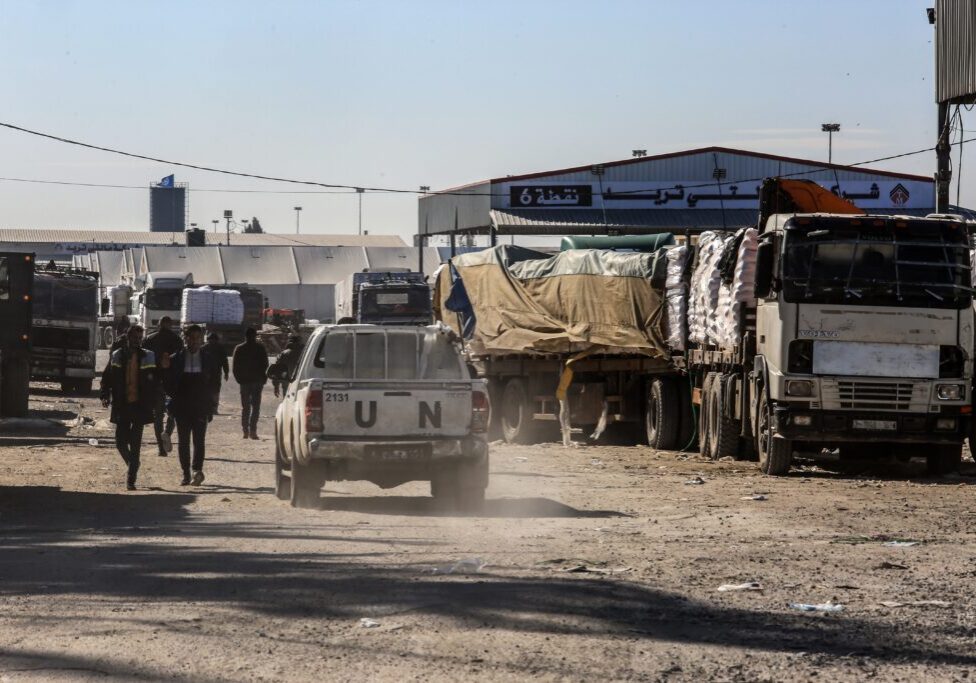Australia/Israel Review
Behind the News – August 2015
Aug 4, 2015 |
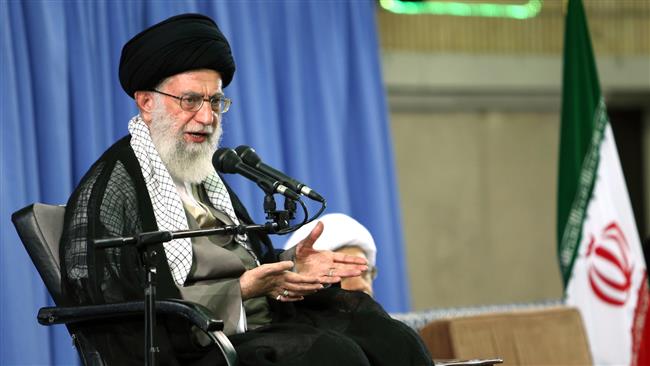
Terror and rocket report
There was an increase in stabbing and shooting attacks against Israelis, particularly in the West Bank, during the Muslim holy month of Ramadan.
On June 26, a Palestinian opened fire at an IDF checkpoint in the Jordan Valley. The soldiers returned fire, killing the attacker.
Around 20 shots were fired at a Magen David Adom ambulance travelling on a road near the settlement of Beit El on June 27.
Two days later, a female IDF soldier was stabbed and seriously wounded by a Palestinian woman at a roadblock near the entrance to Bethlehem. The attacker was arrested.
On June 29, one Israeli was killed and three others wounded by gunfire when their vehicle was attacked on a road in the West Bank.
On July 15, an IDF soldier was stabbed in the back, and moderately wounded, by a Palestinian woman near a settlement in the West Bank. The woman was arrested.
Meanwhile, Salafist groups fired two rockets from Gaza into Israel on June 24 and June 28, while on July 3, three rockets were fired by an ISIS-affiliated group from the Egyptian Sinai into Israel.
In related news, on July 15 a Knesset bill advanced by opposition party Yisrael Beitenu that sought to create a death penalty option against terrorists was voted down, 94-6.
Iran vows no change of policy on Israel or the US
Speaking on July 18, four days after the deal on Iran’s nuclear program was signed, Iran’s Supreme Leader Ayatollah Ali Khamenei vowed that the deal would not change Iran’s policy against the “arrogant American government”, which he castigated for its support of the “child-killing Zionist regime.” In the lead up to the agreement, Iran’s Islamic Revolutionary Guards Corps issued a statement on July 8 that called Israel the common enemy of the Islamic nations and said that destroying it is Muslims’ first priority. Similarly, former Iranian president Akbar Hashemi-Rafsanjani, generally regarded as a moderate, predicted that what he called the forged and temporary Israeli entity, an alien existence forged into the body of a nation, would eventually be wiped off the map.
Reports also say that, in anticipation of its improved economic circumstances as a result of the deal, Iran in mid-July resumed funding Hamas and Islamic Jihad, which it had postponed four months previously due to budgetary concerns.
Hamas reportedly involved in Sinai attacks
Hamas has been maintaining close ties with operatives of Wilayat Sinai (Province of Sinai), the jihadist group identified with ISIS, whose fighters were behind the large-scale July 1 attack on Egyptian defence forces in the Sinai, according to Israeli defence sources, and was involved in the attack. The Sinai terror group claimed responsibility for attacks on more than 15 security sites, and three suicide attacks. Around 100 people were reportedly killed in the attacks including soldiers, policemen, civilians and fighters.
Sources told Haaretz that the ties between Wilayat Sinai and Hamas’ military wing are the main reason for Egypt’s anger at Hamas, and the latest attack is likely to cause further deterioration in relations between Hamas and Egypt. According to Egyptian and Israeli sources, Hamas is also assisting Sinai jihadists by treating wounded fighters in Gazan hospitals, while these groups allow Hamas to stockpile weapons in Sinai and assist Hamas’ smuggling efforts through tunnels into Gaza.
Hamas holds two Israeli civilians
On July 9, Israel revealed that two Israeli civilians are being held by Hamas in Gaza, following the lifting of a gag order that prevented publication of this information previously. According to reports, the two Israelis both suffer mental health issues and entered the Gaza Strip voluntarily.
On September 7, 2014, Avraham Mengistu, 29, from Ashkelon, crossed the security fence into the northern Gaza Strip, entering through a gap in the barrier near the Mediterranean Coast. Soldiers at the scene called on Mengistu to return to Israel, but he ignored them. In addition, Israel is seeking the return of an unnamed Bedouin man who crossed the border in April.
Israel’s Defence Minister Moshe Ya’alon said, “Two Israeli civilians are in the Gaza Strip in Hamas’ hands. The State of Israel is investing many efforts to return them to their families.” Hamas has denied holding the men.
Hamas rebuilds missile arsenal, boasts new attack tunnels
Sources in Israel’s defence forces say Hamas has succeeded in rebuilding its short-range rocket and mortar stocks to a level similar to what they were prior to last year’s Gaza conflict. However, it remains well short of previous stocks of medium- and long-range rockets.
Israeli sources have long been reporting that Hamas has been working frantically to rebuild its military capabilities and offensive tunnels since the war – where it lost about two-thirds of its total rocket stocks – even as civilian rebuilding in Gaza has languished.
Hamas is also claiming that it has built a new tunnel that extends from the Gaza Strip into Israel. The attack tunnel is said to be 3.5 kilometres long, masked Hamas operatives told Al-Alam, Iran’s Arabic-language television channel.
Israel destroyed at least two dozen tunnels used by Hamas and other Gaza-based terror groups during last year’s conflict in Gaza, many reaching into Israel near civilian border communities.
Meanwhile IDF sources told Israeli media that they will shortly have in place a new system to detect tunnels and digging along parts of the border with Gaza.
UNESCO passes inflammatory resolution on Jerusalem
In yet another example of the anti-Israel biases so pervasive at the UN, the UNESCO World Heritage Committee adopted a resolution condemning Israeli activities in Jerusalem during its annual meeting, held this year in Germany from June 28 to July 8. The resolution, put forth by Algeria, Lebanon and Qatar, expressed ‘deep concern’ at “Israeli illegal excavations” in the Old City, referred to the al-Aqsa Mosque Compound solely as a Muslim holy site, and “regretted” the Old City’s “visual integrity” was being impinged upon by the Jerusalem Light Rail system.
The resolution did not note that the al-Aqsa/Temple Mount compound is also considered the holiest site in Judaism, nor mention the holiness of the city for Christians.
India’s vote at the UNHRC appears to represent shift in policy
In a diplomatic shift, India recently abstained from voting on the United Nations Human Rights Council resolution to adopt its Commission’s report on the 2014 Israel-Hamas war. The UN report was viewed by Israel as heavily biased. It was the first time India failed to vote for an anti-Israel resolution at the UN, and represents the latest sign of steadily developing ties between the two countries. The growing India-Israel relationship has become more overtly public since the election of India’s Prime Minister Narendra Modi in 2014.
“Bookkeeper of Auschwitz” convicted
A German court has convicted 94-year-old Oskar Gröning on 300,000 counts of being an accessory to murder and sentenced him to four years in prison. The charges related to his time as a guard at Auschwitz from May to July 1944 when his role was to tally money seized from Holocaust victims, as a result of which he became known as the “bookkeeper of Auschwitz”. During that time, 137 trains arrived in Auschwitz, carrying 425,000 people, at least 300,000 of whom were immediately murdered, a process Gröning was found to be aware of.
Gröning’s case may well be the final judicial trial for a World War II-related war crime.
Tags: Egypt

